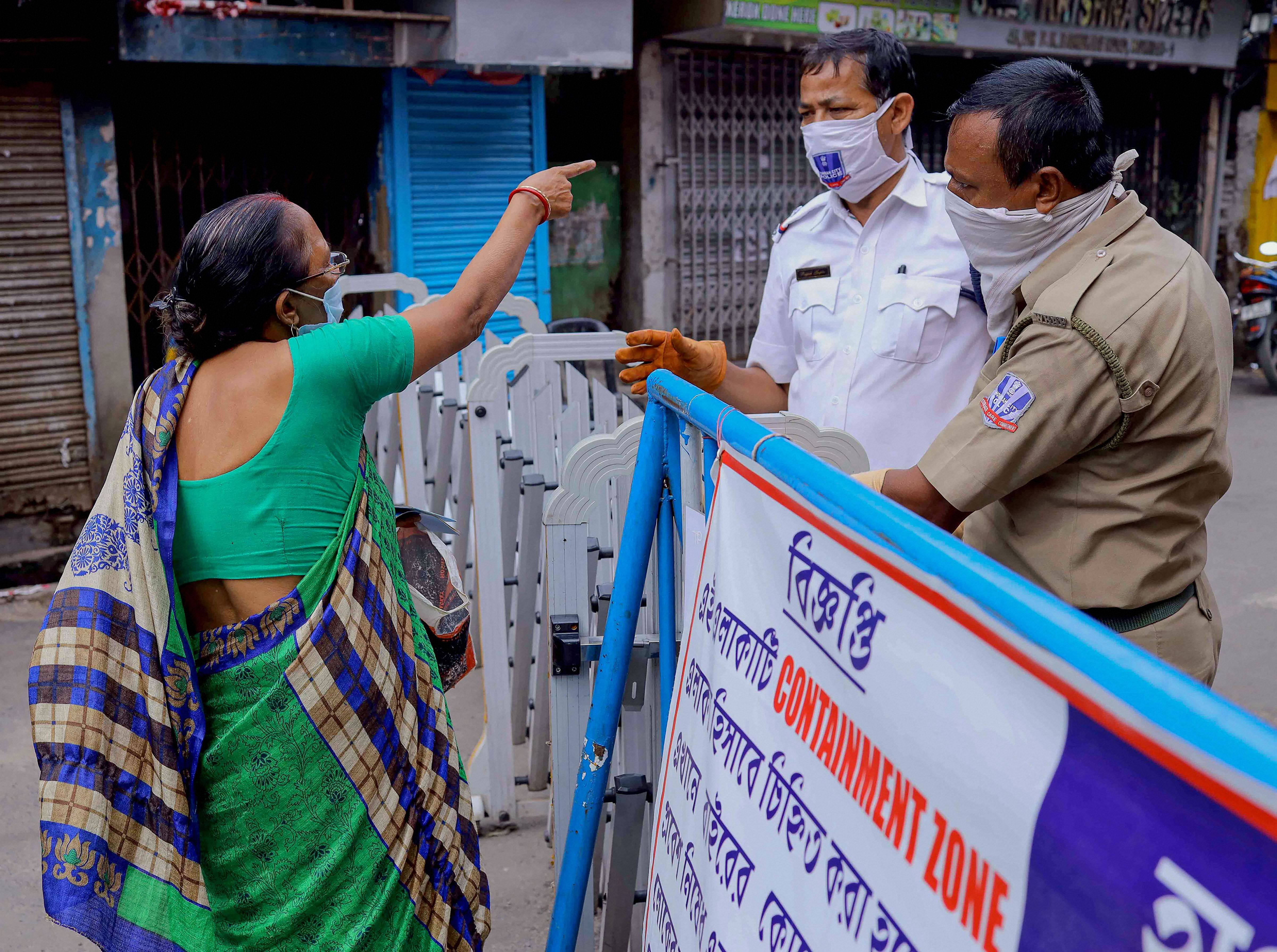
With coronavirus infections rising and a contagious new variant threatening to accelerate the pandemic, France has implemented a stringent 6 p.m.-to-6 a.m. curfew. Citizens nationwide are sequestered indoors, and businesses must close down.
In Quebec, Canadian officials imposed a similar restriction earlier this month, running from 8 p.m. to 5 a.m. It has frayed nerves: Notably, a woman who was walking her boyfriend on a leash at 9 p.m. has argued that this was permitted during the curfew, surely one of the pandemic’s most unexpected moments.
The question for scientists is this: Do curfews work to slow transmission of the virus? If so, under what circumstances? And by how much?
As the pandemic unfolded, Australia and many European countries imposed curfews, on the theory that keeping people at home after a certain hour would slow viral transmission. Usually, curfews were implemented alongside other measures, like closing businesses early and shuttering schools, making it difficult to tease out the curfew’s effectiveness.
The scientific evidence on curfews is far from ideal. There has not been a pandemic like this one in a century. While curfews make intuitive sense, it’s very hard to discern their precise effects on viral transmission, let alone transmission of this coronavirus.
Ira Longini, a biostatistician at the University of Florida, believes that curfews are, on the whole, an effective way to slow the pandemic. But he acknowledged his view is based on intuition.
“Scientific intuition does tell you something,” Longini said. “It’s just that you can’t quantify it very well.”
Moreover, the virus thrives indoors, and clusters of infection are common in families and in households. So one daunting question is whether forcing people into these settings for longer periods slows transmission — or accelerates it.
“You can think of it like this,” said William Hanage, a public health researcher at the Harvard T.H. Chan School of Public Health, “what proportion of transmission events happen during the time in question? And how will the curfew stop them?”
Longini and his colleagues incorporated lockdowns and curfews into models of the pandemic in the United States and concluded that they can be an effective way to reduce transmission.
But, he cautioned, models come with a lot of assumptions about the population and how the virus spreads.
“Whether you believe that is a scientific rationale depends on whether you believe the model,” he said.